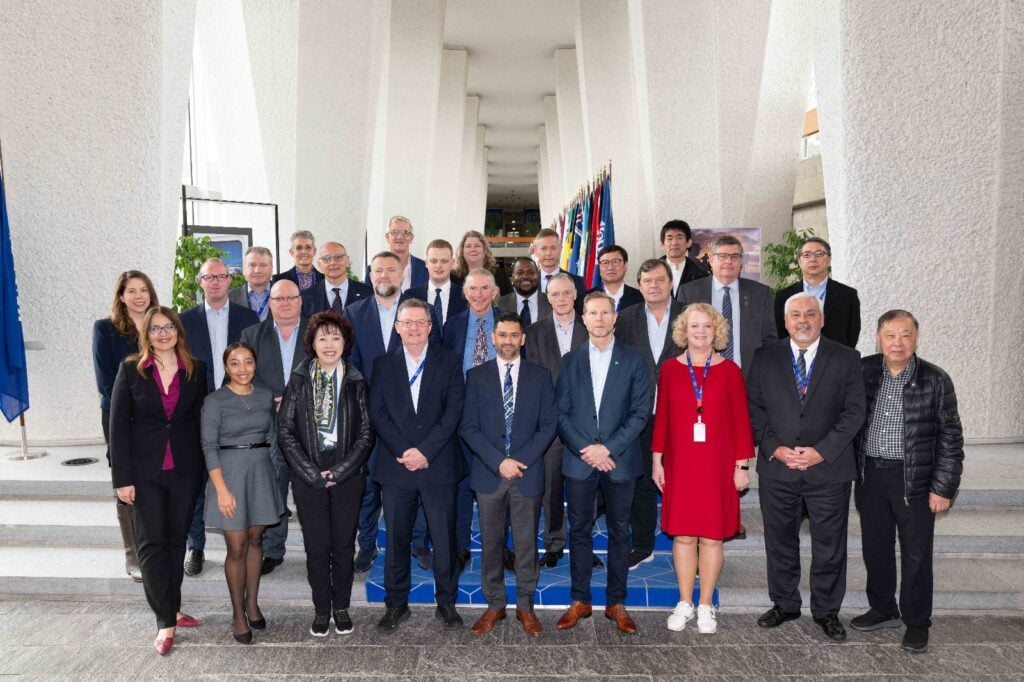The International Labour Organisation (ILO) this week concluded the latest round of minimum wage negotiations for able seafarers, following a meeting of the Joint Maritime Commission’s (JMC) Subcommittee on Wages of Seafarers, held in Geneva.
This global dialogue brought together representatives of shipowners and seafarers’ unions, coordinated respectively by the International Chamber of Shipping (ICS) and the International Transport Workers’ Federation (ITF).
Shipping remains the only sector with a formally recognised global minimum wage, first introduced in 1958.
Under the 2006 Maritime Labour Convention, the ILO mandates that this wage be reviewed and set periodically by the JMC.
At the close of the two-day meeting, a resolution was adopted confirming that the minimum monthly basic wage for able seafarers will rise to US$690 from January 1, 2026.
This will increase further to US$704 from January 1, 2027, and again to US$715 from January 1, 2028.
The updated structure marks an overall rise of more than six per cent, building on the previous agreement concluded in September 2022, which had set the minimum at US$673 as of January 2025.
“This agreement strikes a careful and considered balance between recognising the vital contribution of seafarers and maintaining the commercial sustainability of the global shipping industry,” said Pal Tangen of the Norwegian Shipowners’ association, speaking on behalf of the shipowners’ group.
He continued, “Seafarers play an indispensable role in keeping world trade flowing, often under tough and unpredictable conditions. These are not ordinary times, and this resolution reflects our respect for their service, while ensuring that shipowners can continue to operate in a highly competitive and volatile global market.”
Representing the seafarers’ group, Mark Dickinson of Nautilus International welcomed the outcome of the talks.
“Seafarers are crucial in delivering 90 per cent of all goods for people in every nation of the world,” he said.
“The ITF will always demand proper recognition for these workers.”
He added that “Last week we made an important breakthrough with recognition of seafarers’ key worker status in the Maritime Labour Convention. This week we have taken a further step to improve their welfare through pay rises that both retain and increase the value of the ILO AB minimum wage, taking into account increases in the cost of living since 2022.”
Frank Hagemann, Director of the ILO’s Sectoral Policies Department, also pointed out the significance of the outcome.
“The outcome of this wholly unique global collective bargaining forum represents more than just a technical adjustment to the minimum wage,” he said.
“It reflects a shared responsibility and commitment to uphold decent work at sea.”
The Geneva negotiations took place against the backdrop of growing global trade tensions.
Both groups opened the talks by expressing concern over the looming risk of a full-scale trade war, which could split global markets and reshape supply chains, leaving the shipping sector, and the livelihoods of nearly two million seafarers, particularly vulnerable.
“Seafarers must not be collateral victims of global economic conflict,” delegates agreed.
“We reaffirm that fair trade must also mean fair treatment for those who keep global trade moving.”
As mentioned in the announcement, the newly adopted wage levels will now be submitted to the 355th session of the ILO Governing Body in November for formal approval.
Finally, the next minimum wage review by the JMC is scheduled for the first half of 2028.






Click here to change your cookie preferences